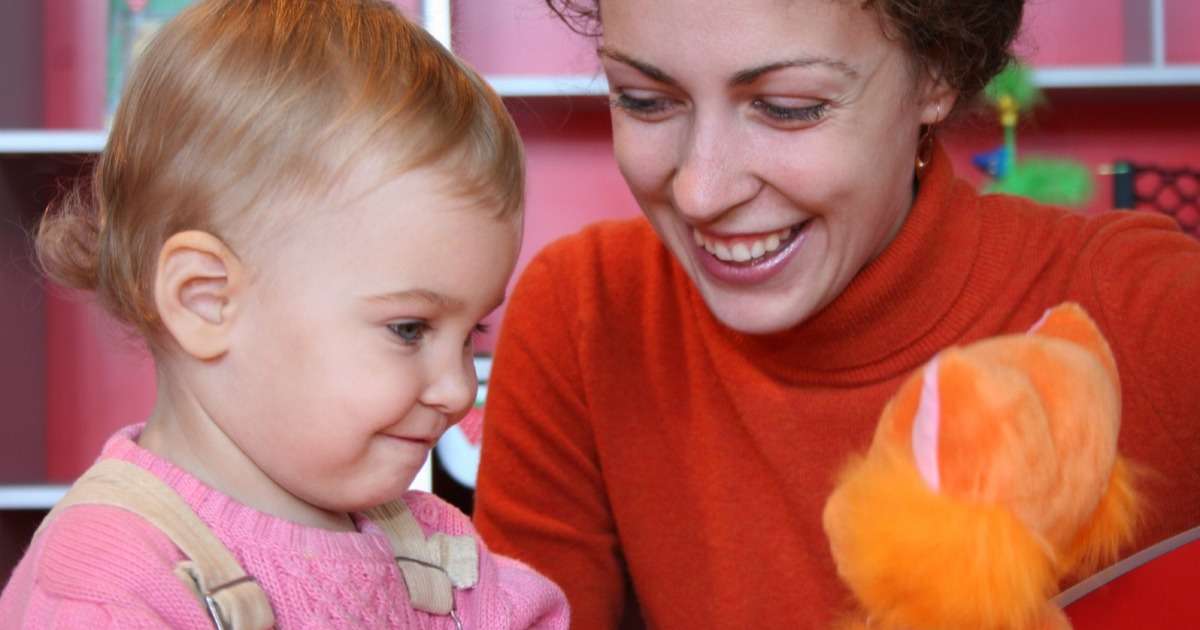
Emotional responses to infant crying
Hearing an infant cry can cause negative emotions, which can impact the way we respond. Researchers Riem and Karreman instructed parents to apply specific emotion regulation strategies in response to infant crying.

Reducing eating pace: a behavioral intervention for childhood obesity
Studies on eating behavior play an important role in preventing childhood obesity. Faith and his team examined the effectiveness of a family-based behavioral intervention to reduce eating pace.

What does an infant’s gaze tell us about how hungry they feel?
McNally and her colleagues developed a coding scheme to observe infant gaze behavior and applied it in a study of complementary feeding.

A closer look at eye contact
Infant siblings of children with or without ASD participated in a study to determine whether gaze behavior showed during a test with an unfamiliar examiner could predict gaze behavior in a more naturalistic context.

PCIT: Parent-Child Interaction Therapy
What is Parent-Child Interaction Therapy? It helps improve family dynamics by working to reduce negative behavior and interactions, and to practice new behaviors and ways of communicating that are more encouraging.

Top 5 blog posts about autism
World Autism Awareness Day is an internationally recognized day on April 2nd. A good reason to sum up the top 5 best read blog posts about autism of the last year for you.

How to study communication in young children
If you are born profoundly deaf, it is very likely that modern technology in the form of cochlear implants can improve your hearing.

The response of oxytocin to mother-infant interaction
Researcher Rebecca Knapp was interested to know whether infant eye gaze away from the mother, or eye gaze directed to the mother, would correspond to increased maternal oxytocin. Read her blog post to learn more.

Measuring parent-infant behavior from another point of view
Parent-child interaction is an important focus of child development research. Lee’s research team compared recordings of play behavior from both a traditional third-person point of view, and through the babies' eyes.

Comparing two different skin-to-skin contact techniques
Skin-to-skin contact is essential in developing a feeling of safety, and in creating the bond between parent and child, especially with premature babies. Buil et al. compared two kangaroo positioning techniques.
